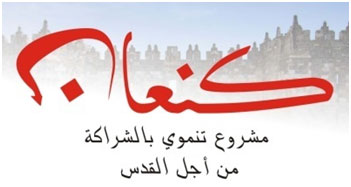2017-06-29
Israeli Occupation Forces demolish agricultural barrack in Za'ayyem town
The dozers of Israeli occupation municipality demolished on June 29, 2017 an agricultural barrack (9m2) belonging to citizen Tareq Abu Sbeitan in Al-Za'ayyem town of Jerusalem. The demolition was justified by the occupation on the claim of "unlicensed construction". Also, a fence of 20 meters was also demolished during the operation.
Citizen Tareq told Land Research Center the following:
" I set up the barrack and the fence in February 2016 on a land relative to Al-Isawiya town. After the construction of the annexation wall, the land was isolated. The reason I set up the barrack was to use it as a storage.
In that time, employees from Israel Civil Administration notified the barrack of demolition on the claim of unlicensed construction"
He also added:
" The demolition took place on June 29, 2017. A force from the occupation arrived at the location accompanied by dozers and brought down the structure and the fence on the claim of unlicensed construction"
Land Research Center LRC sees that demolitions contradict with all the International conventions and Humanitarian laws including:
Article 17 of the (1948) Universal Declaration of Human Rights stating: “Everyone has the right to own property alone as well as in association with others. No one shall be arbitrarily deprived of his property.”
Section ‹G› of article 23 of the (1907) The Hague Conventions asserting: “In addition to the prohibitions provided by special Conventions, it is especially forbidden to destroy or seize the enemy's property, unless such destruction or seizure be imperatively demanded by the necessities of war.”
Article 53 of the Geneva Fourth Convention (1948) declaring: “Any destruction by the Occupying Power of real or personal property belonging individually or collectively to private persons, or to the State, or to other public authorities, or to social or cooperative organizations, is prohibited, except where such destruction is rendered absolutely necessary by military operations.”
Section 1, Article 11 of the International Covenant on Economic, Social and Cultural Rights (1966): “The States Parties to the present Covenant recognize the right of everyone to an adequate standard of living for himself and his family, including adequate food, clothing and housing, and to the continuous improvement of living conditions.
This case study is part of Kan'aan Project

